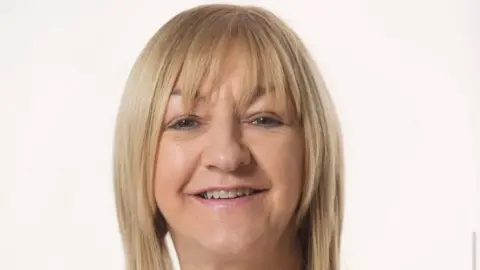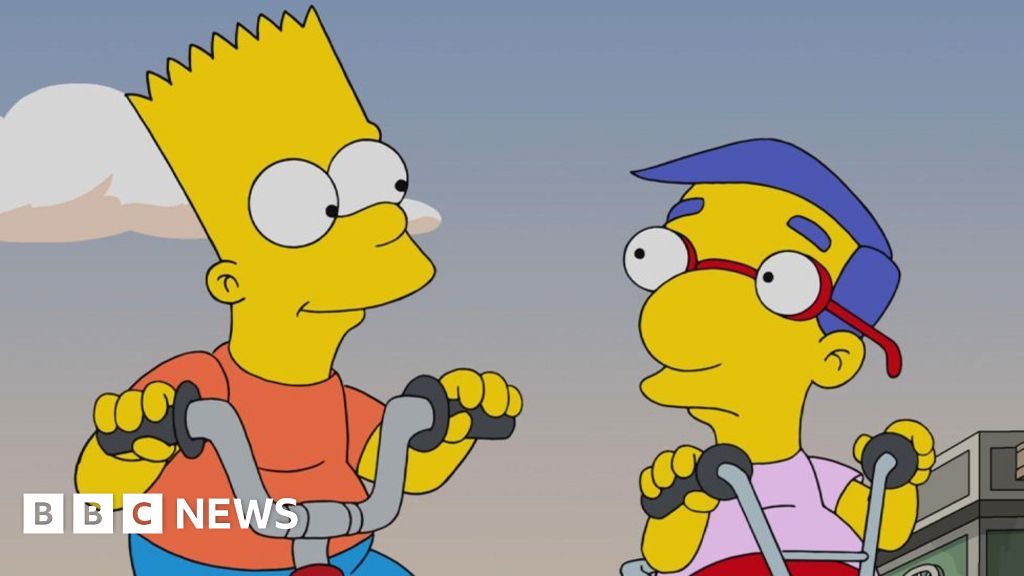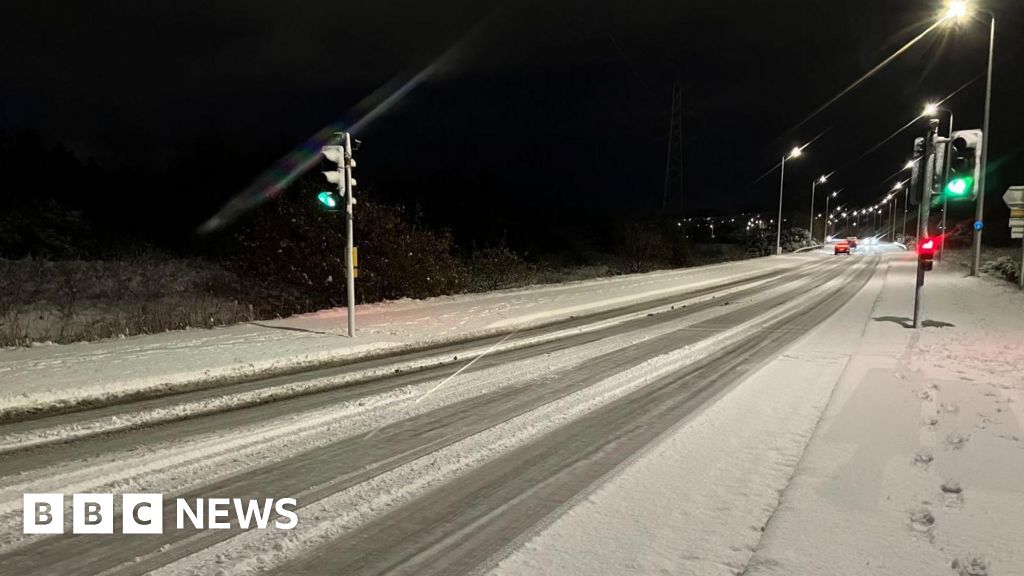
 Charles McQuillan
Charles McQuillan
NASUWT members on the picket line during previous strike action
Unions representing the majority of teachers in Northern Ireland are to ballot their members on strike action.
The NASUWT, INTO and UTU have said they are holding the vote due to the lack of "a satisfactory pay offer for 2024-25".
A fourth teaching union in Northern Ireland, the NEU, is also going to ask its members if they should hold a formal ballot for industrial action.
Health unions also recently raised the possibility of strikes over pay.
The pay dispute could also spread to include the Northern Ireland Civil Service.
BBC News NI has seen an extract from an executive document which underpinned Monday's budget reallocation, known as a monitoring round.
It says that there is only enough money to offer civil servants a 3% pay increase for 2024/25.
It adds that trade unions have already indicated that would not be an acceptable award.
There is a warning that a 3% offer would be "particularly difficult to defend if awards to other pay groups are materially higher".
The executive document also notes that the pay guidelines for the civil service in Great Britain will allow "an average pay award of up to 5%" there.
Teachers in England received a 5.5% pay rise for 2024-25 from the government in September.
It was funded by an additional £1.2bn from the UK government.
Despite the fact that it is more than halfway through the 2024-25 financial year, no pay deal for teachers in Northern Ireland has yet been agreed.
The teaching unions in Northern Ireland accepted a previous pay deal in March 2024, but that was a backdated one covering the years from 2021 to 2024.
There had been stalemate over a pay rise for teachers for three years as inflation rose, leading to strikes and other industrial action.
'Satisfactory offer'
In a joint statement, the NASUWT, INTO, UTU and NEU said that they had made it clear to Education Minister Paul Givan that "he needs to make a satisfactory offer on pay".
The INTO's Mark McTaggart said that teachers in Northern Ireland were "once again the least well paid across these islands".
"Teachers have a right to receive a salary that truly reflects their value to society," he said.
"The continued failure by those who hold the purse strings to provide this has the potential to have a devastating effect on the life chances of the children and young people in their care.”
Meanwhile, Justin McCamphill from the NASUWT said that inflation "has not gone away".
“Teachers in Northern Ireland have watched since the summer as their counterparts in the rest of the UK have received significant pay increases for this academic year and are telling us that they are fed up with being left behind," he said.

 UTU
UTU
Jacquie White said the teaching profession seems to have been downgraded
Jacquie White from the UTU said that the lack of progress on pay was causing "grave concern."
“For too long the profession here seems to have been downgraded," she said.
"Indeed it took years of campaigning and eventually strike action before our teachers received a pay deal which put them in line with their colleagues in GB."
Pauline Buchanan from the NEU said that teachers had found "themselves once again as the lowest paid members of the profession across these islands".
The Department of Education (DE) received an additional £171m in the recent Executive monitoring round in which money is re-allocated to departments.
At almost £3bn, education has Stormont's second biggest departmental budget behind Health.
But officials from the department recently told MLAs that they were facing a gap of £190m to pay for "inescapable pressures," including the rising costs of running schools, supporting pupils with special educational needs (SEN) and funding a pay deal for teachers.

 1 week ago
6
1 week ago
6









